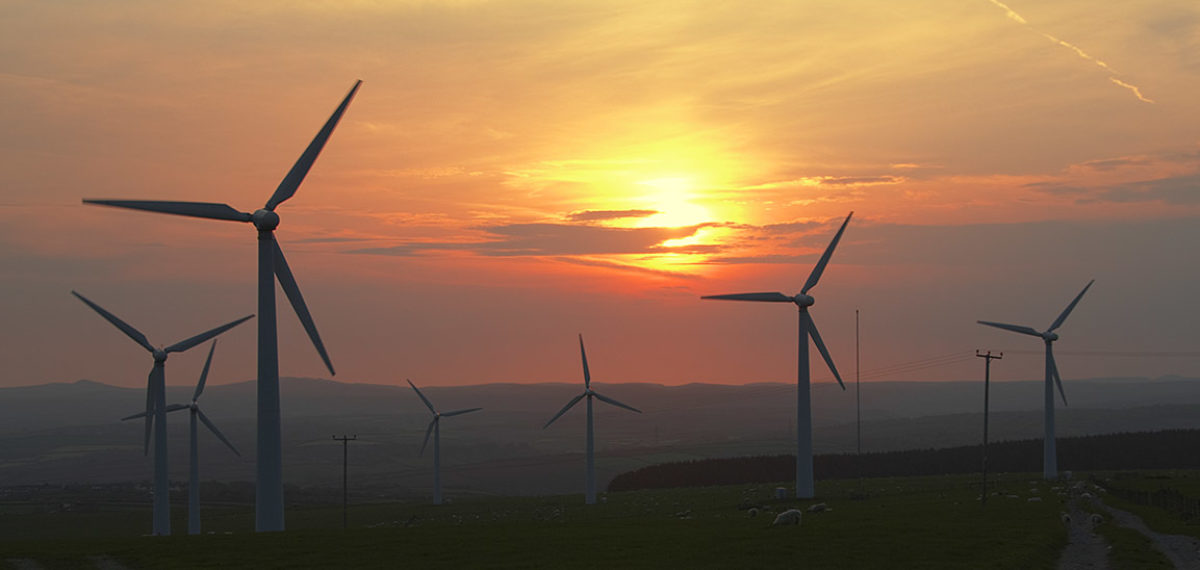French electricity consumers face curbs on their electricity supplies following shutdowns at four of EDF’s nuclear power plant. France is highly reliant on its nuclear power plants, obtaining around 70 per cent of its electricity from nuclear on an annual basis. This, along with other various examples of nuclear unreliability, must seriously question the British Government’s determination to plough on with its programme of new nuclear power plant.
The four nuclear plants have been shut down ‘after the detection of anomalies in the emergency injection circuits‘. France’s Grid Operator, RTE, has warned consumers that limitations on supplies may be necessary soon. France has been struggling with its nuclear sector and EDF’s efforts to build another nuclear plant at Flamanville have been hobbled by very long construction delays and massive cost overruns.
The plant at Flamanville is an EPR, the same type that is being built at Hinkley C and planned for Sizewell C. Yet hopes that nuclear reliability might be improved with the deployment of EPR technology have been severely dented by safety problems at the first EPR to come into operation at Taishan in China. Several fuel rods are said to have been damaged in what is said to be a basic design flaw in the plant technology.
In the UK, nuclear power production has been severely affected by plant malfunctions over the last year, with five out of 14 plant being taken offline for substantial periods. The new plant are supposed to improve reliability, but events in France and China cast doubt over nuclear advocates’ claims that nuclear power guarantees electricity system security. Our own analysis, published on this website, here, suggests that nuclear power plant are a bad way of trying balance the increasing proportion of power provided by fluctuating renewable energy.
The proposals for Sizewell C, which will soon be signed off by the Planning Inspectorate and the Treasury, threaten to worsen the energy price crisis by adding substantial sums to consumer energy bills. That is because the Treasury has been politically bludgeoned to agree to allow virtually unlimited funding of the plant from a levy on energy consumers bills.
Surely, we might ask, we should consider whether a better system could be devised based on renewable energy rather than nuclear power. However, the Government has, so far, not been prepared to promote a serious discussion of this alternative. Instead its response has been to promote so-called ‘small modular reactors’, a notion that was abandoned as impractical and too costly more than 60 years ago.
by David Toke
